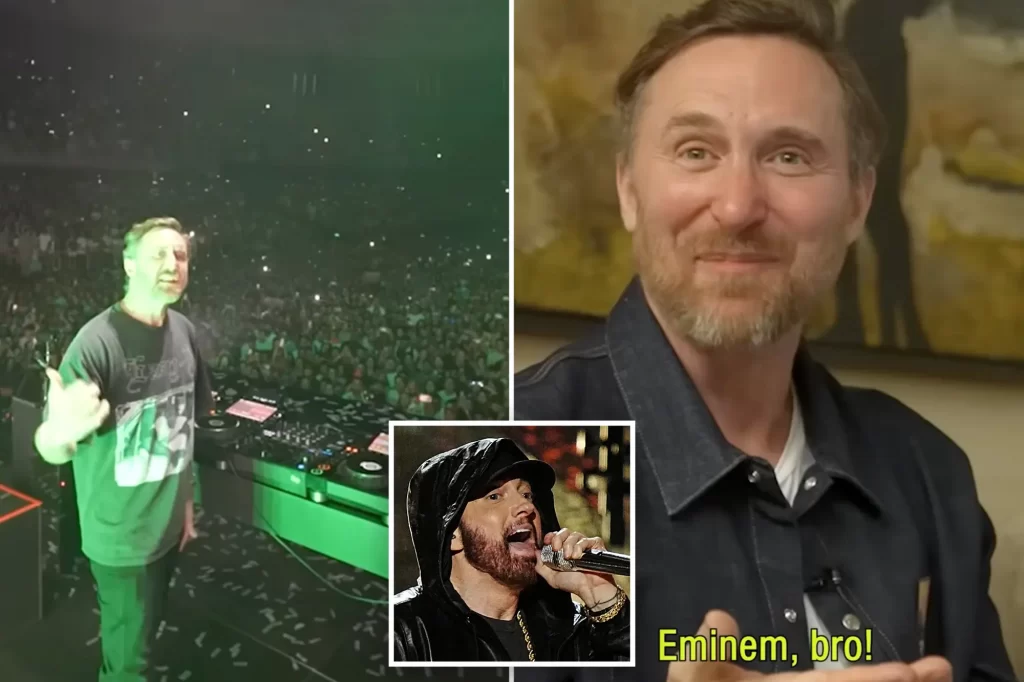Last week French DJ, and music producer David Guetta tweeted a live performance featuring a “deep fake” of rap artist Eminem’s voice. In the tweet, he explained how he did it using AI tools.
David Guetta has made headlines with his latest single, “The Future of Music is in AI,” which features a deep imitation of Eminem’s voice. The track, which is a collaboration with Israeli musician and producer Sharon Stern, has sparked a conversation about the use of artificial intelligence (AI) in the music industry and the ethics of deepfakes.
The use of AI-generated vocals is not new in the music industry. In recent years, several companies have developed software that can create realistic-sounding vocal performances using AI. However, the use of “deepfakes,” which involve manipulating existing recordings to create a new performance, raises ethical questions.
Some argue that deepfakes could potentially be used to create fraudulent or misleading content, while others see them as a new tool for creativity and experimentation. Guetta falls into the latter camp, stating that “the future of music is in AI” and that deepfakes can be used to “push the boundaries of what is possible in music production.”
The use of fakes in “Unforgiven” has been met with mixed reactions. Some fans of both Guetta and Eminem have praised the track for its innovative use of technology, while others have criticized it as being inauthentic or disrespectful to Eminem’s legacy.
The controversy highlights the need for clear guidelines and regulations around the use of AI-generated content in the music industry. While AI has the potential to revolutionize music production, it is important to ensure that its use is ethical, transparent, and respectful of artists’ rights.
As AI technology continues to advance, we will likely see more experimentation and innovation in the music industry. However, it is important to approach these developments with a critical eye and a commitment to ethical standards. Only then can we ensure that the future of music is truly creative, diverse, and sustainable.

